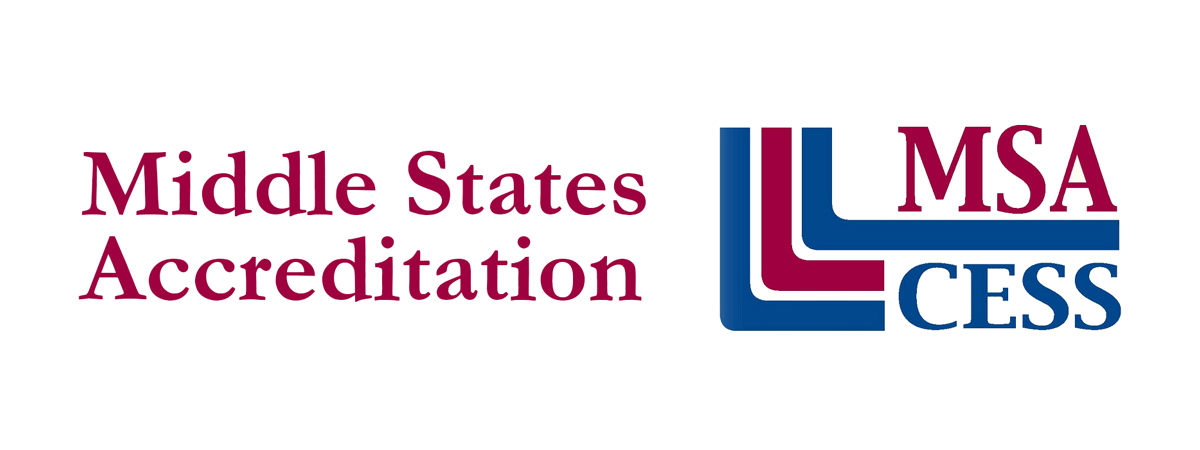Difference Between Business Administration and Economics Degree
When choosing a path in business education, one of the most common comparisons is business administration vs economics. While these degrees may appear similar on the surface, they offer very different approaches to understanding organizations, markets, and society.
If you're trying to determine what is the difference between business and economics, this article breaks down the scope, academic focus, skills developed, and career opportunities associated with each. You'll also discover an ideal blend of both in programs like management and business economics, which combine data-driven thinking with business leadership. Finally, we’ll show how the 9‑Month DIBA at the Manhattan Institute of Management (MIM) prepares you to thrive in the real world.

Understanding the Core of Each Discipline
Business Administration: Leading and Operating Organizations
A business administration degree is focused on the functions that make companies run. Students learn how to manage people, lead departments, build business strategies, and solve operational problems. It's highly practical and rooted in real-world applications.
If your goal is to manage a business or become an entrepreneur, this program teaches you how to plan, execute, and lead — equipping you with frameworks for efficiency, scalability, and growth.
Economics: Analyzing Systems and Behavior
Economics takes a broader view. It looks at how individuals, firms, and governments allocate resources and respond to incentives. Instead of focusing on managing organizations directly, economics students study how market forces shape decision-making.
This discipline is analytical and often theoretical, requiring a strong grasp of mathematics and statistics. Students learn to build models, interpret economic data, and evaluate policy decisions — skills that apply across industries and institutions.
Curriculum and Learning Style
Both programs include courses in finance and markets, but their structure and emphasis are different.
Business administration emphasizes:
- Leadership and teamwork
- Strategic planning and decision-making
- Functional disciplines such as HR, marketing, and operations
- Entrepreneurial thinking
Economics emphasizes:
- Microeconomic and macroeconomic theory
- Econometrics and statistical modeling
- Research and critical thinking
- Policy analysis and global economic trends
The result is two very different academic experiences — one action-oriented, the other concept-driven.
Skill Development: Practical vs Analytical
The skills you acquire in each degree are directly related to your learning environment and future work.
With a business administration degree, you gain:
- Strong communication and presentation skills
- The ability to lead teams and coordinate projects
- Strategic thinking for competitive advantage
- Hands-on business problem solving
With an economics degree, you develop:
- Quantitative and analytical reasoning
- Proficiency in interpreting and building models
- Comfort with data tools and statistical software
- An ability to think critically about long-term trends
These skills are valuable in different contexts. Business administration prepares you for direct involvement in operations, while economics sharpens your ability to think systemically and make data-driven predictions.
Career Trajectories and Work Environments
One of the biggest distinctions lies in where each degree can take you.
Graduates of business administration programs typically pursue careers in:
- Corporate management
- Marketing and sales
- Project coordination
- Human resources
- Entrepreneurship and startup leadership
They often begin working immediately after graduation and are well-suited for roles that require collaboration, execution, and leadership in daily business operations.
Graduates of economics programs find opportunities in:
- Economic research and analysis
- Government and policy advisory roles
- Financial institutions and think tanks
- Data science and consulting
- Academia (with advanced study)
Many economics graduates go on to earn a master's or doctoral degree, especially if they want to specialize or teach.

Business Economics vs Business Administration
The growing field of business economics offers a middle ground. It’s ideal for students who want to apply economic thinking within a business context. This approach combines modeling and forecasting with actionable insights for managers and investors.
If you’re drawn to the idea of strategic business decisions backed by data, this discipline may be right for you. It also creates flexibility in your career, opening doors in both corporate and research settings.
Real-World Applications
Scenario 1: Building a Startup
A graduate with a business administration degree might focus on operations, hiring, marketing, and funding — turning the concept into a functioning business. An economics graduate, by contrast, may forecast market demand, assess competition, or model pricing strategies.
Scenario 2: Working in a Multinational
In a large company, a business graduate may manage teams, oversee projects, and drive organizational change. Meanwhile, an economics graduate might analyze international trade policy, currency impacts, or optimize financial structures for global markets.
These examples show how each degree aligns with different areas of responsibility — execution vs evaluation, management vs analysis.
How to Choose the Right Degree for You
If you're trying to decide between business administration vs economics, consider the following guidance:
If you’re someone who enjoys leading people, solving practical problems, and improving business performance, business administration will feel more natural. The work is hands-on, and your success will often be measured by execution and results.
If you prefer working with data, exploring systems, and understanding how the world works at a macro level, economics is likely a better fit. You'll need to be comfortable with numbers and theoretical thinking, and the payoff comes in your ability to provide insight rather than implement change.
Still undecided? You may be drawn to management and business economics, a combined program that gives you a strong analytical foundation and business fluency — the best of both worlds.

Summary: Business Administration vs Economics
Rather than showing this in a table, here’s a direct summary in words:
Business administration teaches you how to run and grow an organization. It gives you frameworks to manage people, processes, and performance — useful for working in or starting a business. It's about action, leadership, and making decisions.
Economics, on the other hand, teaches you how the world works. You study how people and markets behave, how government policy impacts society, and how to use data and models to forecast outcomes. It's about insight, research, and systems thinking.
And business economics? That’s where these two perspectives meet — combining economic logic with business strategy for roles in finance, consulting, and analytics.
Two Examples of Skills You’ll Gain in Each Program
Business Administration
- Leadership and team coordination
- Business communication and negotiation
- Budget planning and financial analysis
- Sales strategy and customer management
Economics
- Data analysis and interpretation
- Economic modeling and forecasting
- Policy evaluation and impact measurement
- Research and academic writing
These lists show how each program builds a different but equally valuable set of skills.
Accelerate Your Career with MIM’s 9‑Month DIBA
If you're leaning toward a future in business — whether in management, operations, or entrepreneurship — the 9‑Month Diploma in Business Administration (DIBA) at the Manhattan Institute of Management offers a fast, focused, and practical path forward.
This intensive program gives you:
- A deep foundation in core business disciplines
- Exposure to international business practices in New York City
- Real-world projects and collaboration with global peers
- The confidence and skillset to lead or launch your career
Whether you're aiming to start your own venture or work within a fast-moving company, this program will equip you with everything you need to succeed.
👉 Start building your future today: Explore MIM’s 9‑Month DIBA Program







